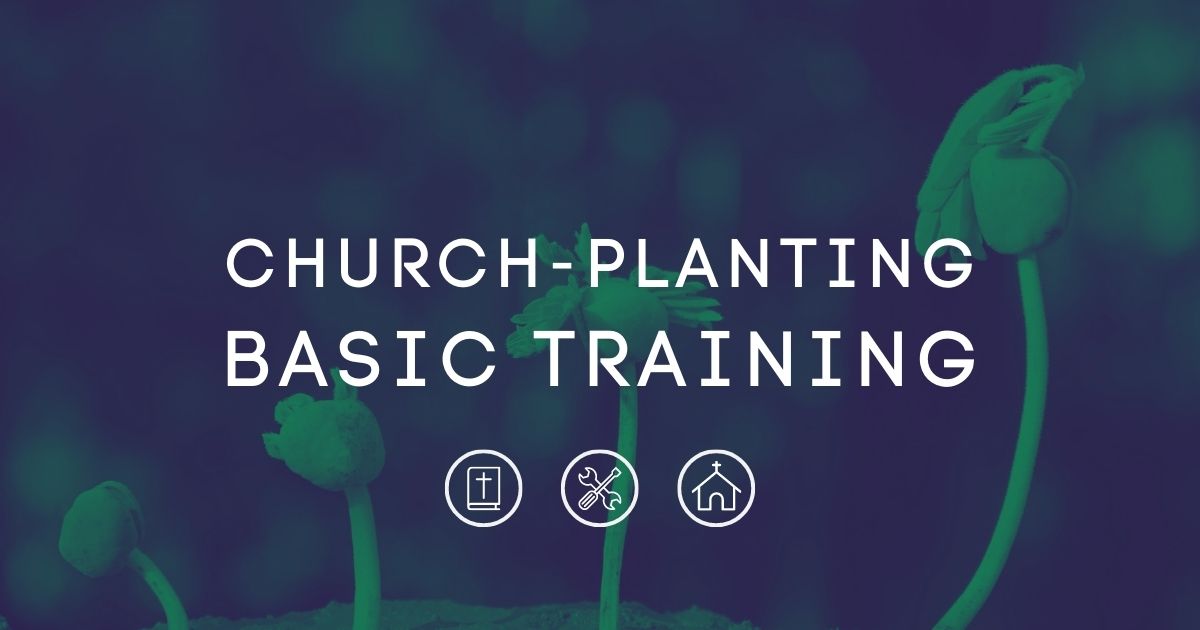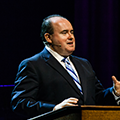As mentioned in previous articles, a developing church may be in a situation in which a core group have been meeting or intends to begin meeting together long before they’ve been able to either partner with a like-minded church in a neighboring city or find a potential founding pastor.
So in this situation, how should a core group prepare for the formation of their church down the road? Let me suggest three specific focal points for the core group:
Prayer and Worship Together
The gathering of God’s people is first and foremost an act of worship. Thus, rather than simply focusing on organization and planning (definitely important), the core group ought to engage in many regular meetings of simply praying together for the Lord’s work among them and using them. Some men in the group can provide simple devotionals or Bible readings and maybe even some worship in song if that is possible. But the group must learn to prioritize worshiping together.
Growing in Knowledge of the Church
One highly attractive feature to a potential pastor or to a potential partnering church is a core group’s robust commitment to developing their ecclesiology, their understanding of the church. The core group should go through at a vigorous pace important books on the church. Here are seven great places to start:
- Biblical Eldership: An Urgent Call to Restore Biblical Church Leadership, by Alexander Strauch
- The New Testament Deacon: The Church’s Minister of Mercy, by Alexander Strauch
- The Master’s Plan for the Church, by John MacArthur
- Expository Listening, by Ken Ramey
- The Essential Church, by Steve Swartz
- Nine Marks of a Healthy Church, by Mark Dever
- The Gospel and Personal Evangelism, by Mark Dever
A little tip: going at the pace of reading a chapter per week will accomplish little. I emphasize the term “robust” as committing to reading and studying several chapters per week to work through these books and learn rapidly.
Planning and Saving
There are many preparations a core group can make prior to even hearing the vision of a founding pastor:
- Identifying potential meeting places
- Saving money for pastor’s support and for initial operating expenses
- Developing an off-line basic website ready for content and sermons upon the launch of the church
- Establishment of a basic temporary leadership team (not self-qualified elders) to carry out basic functions as needed
- Intersecting with one or more potential partner churches in a neighboring city

